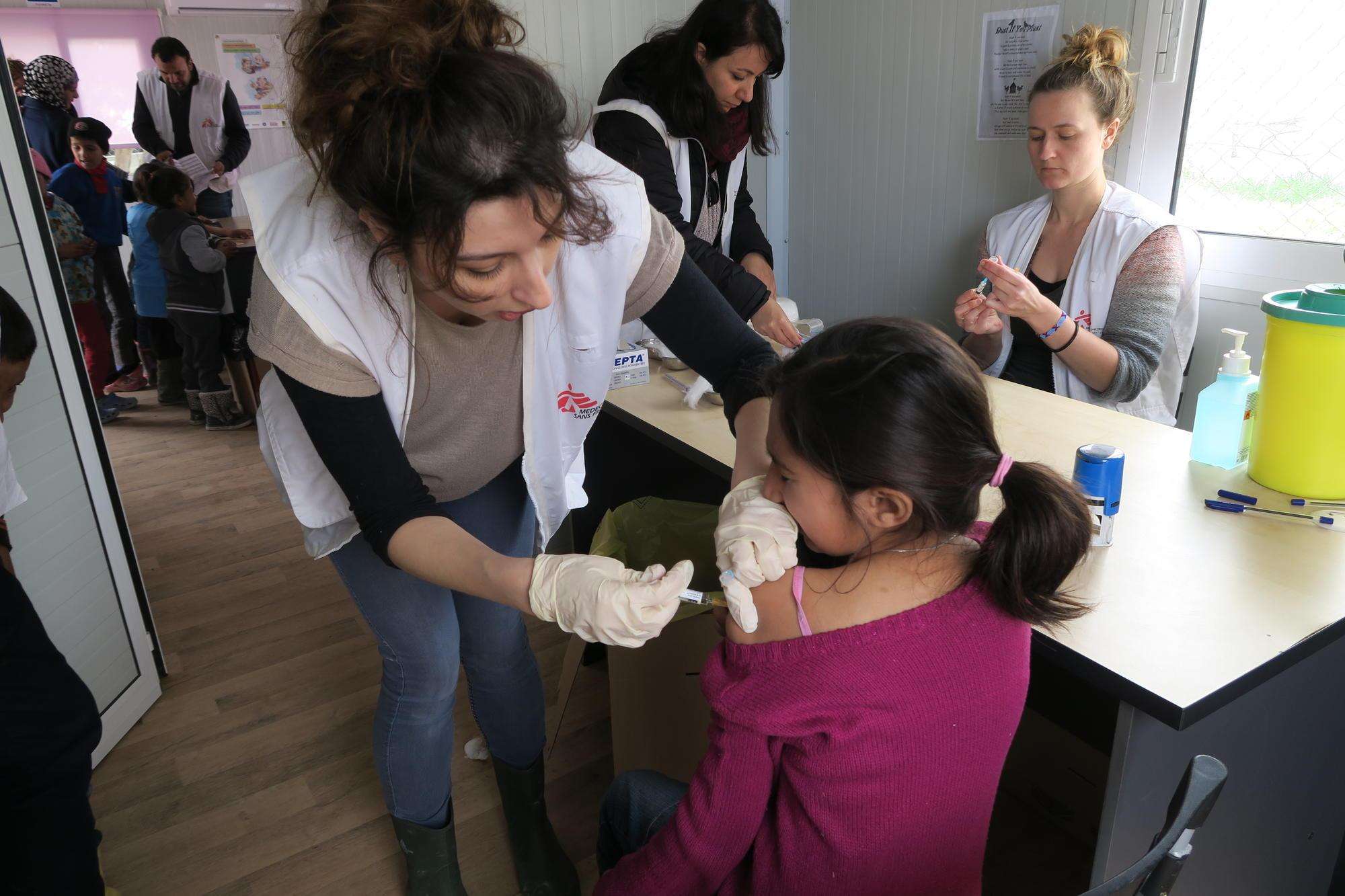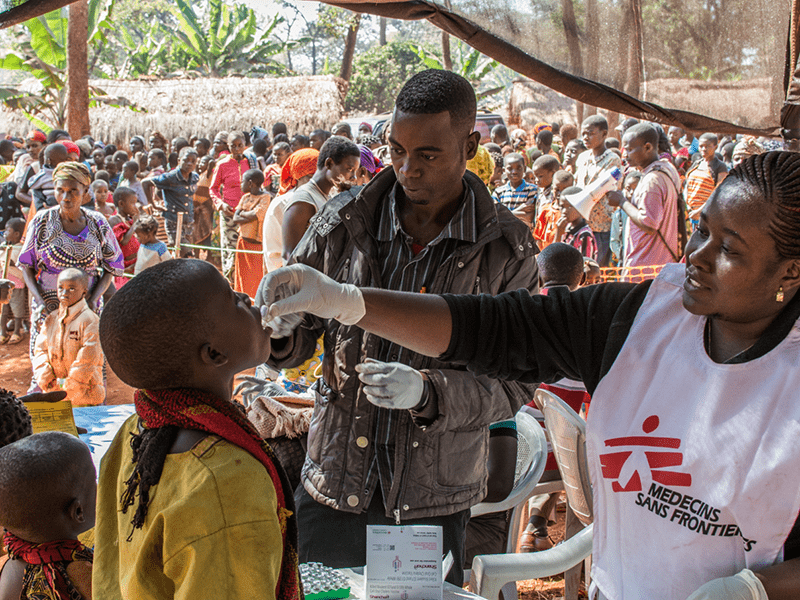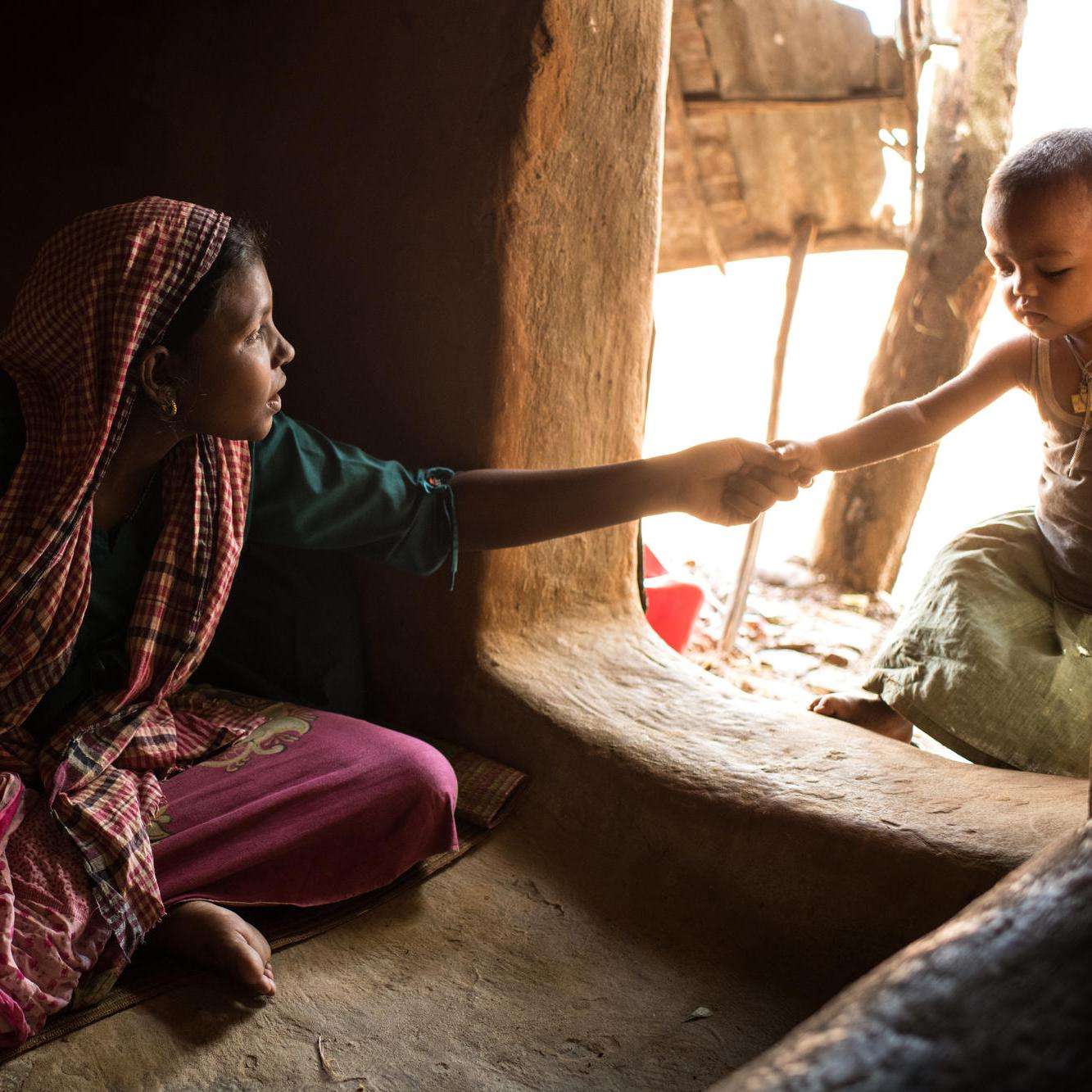This article is part of the Winter 2018 issue of Alert—2018: The Year in Photos—featuring some of the most striking images and stories from our work around the world.
Over the past year, Doctors Without Borders/Médecins Sans Frontières (MSF) teams responded to manifold disease outbreaks in diverse contexts, from tackling malaria in Niger, to vaccinating refugee children in Greece against measles. In Bangladesh, where more than 800,000 Rohingya Muslim refugees have settled since fleeing targeted violence and persecution in neighboring Myanmar, our teams mobilized quickly to help contain a major outbreak of diphtheria.
MSF also responded to the largest outbreak of Ebola ever recorded in Democratic Republic of Congo (DRC), opening treatment and transit centers in the small town of Mangina, North Kivu, where the outbreak began, and in the larger city of Beni when it began to spread. The outbreak is proving especially difficult to curtail, with active conflict in the region hampering containment efforts. This area also sees a lot of transit and trade, and some communities straddle the border with Uganda to the east. It is quite common for people to travel back and forth, raising risks of transmission across the border and the possibility the virus could spread further in the region.
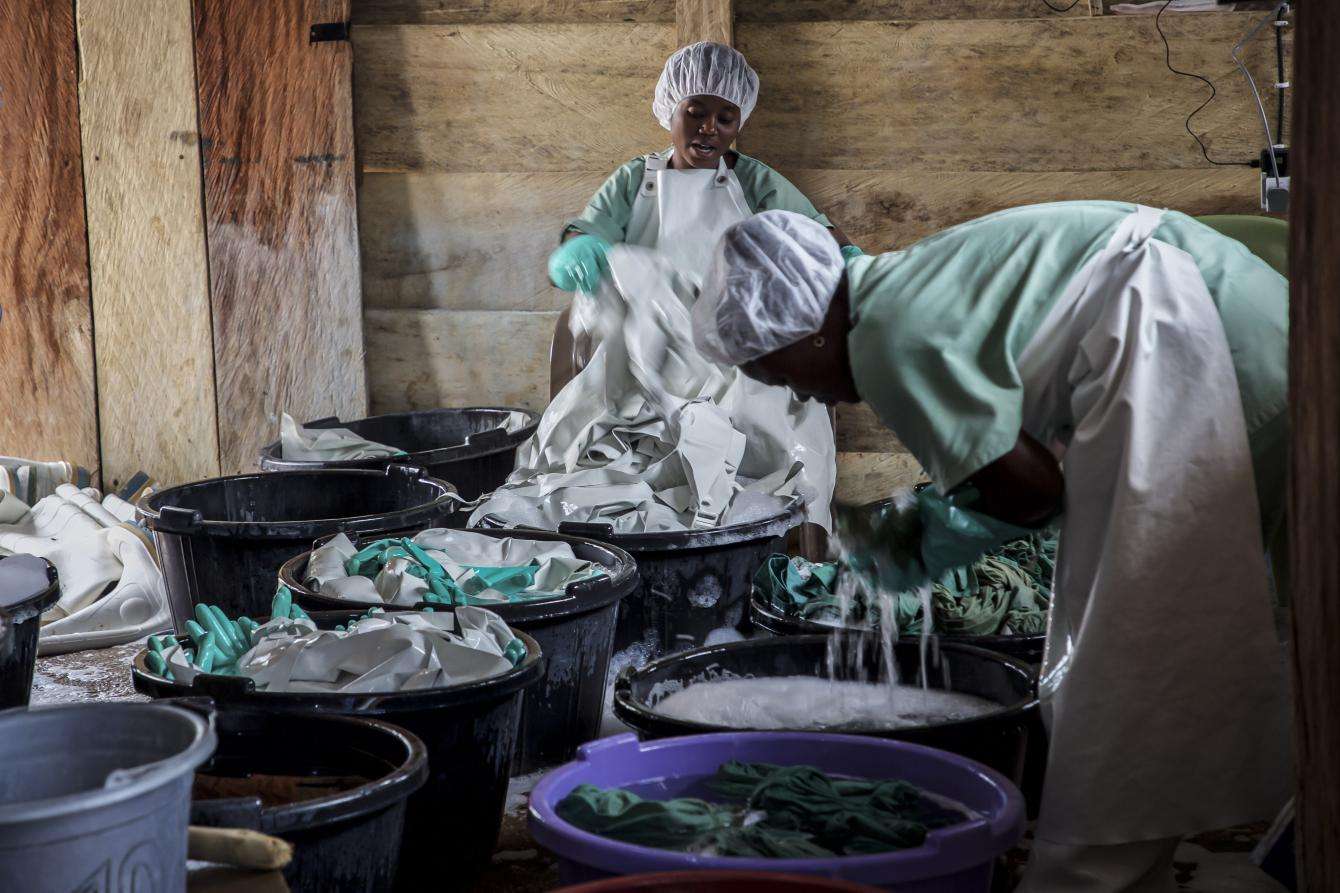

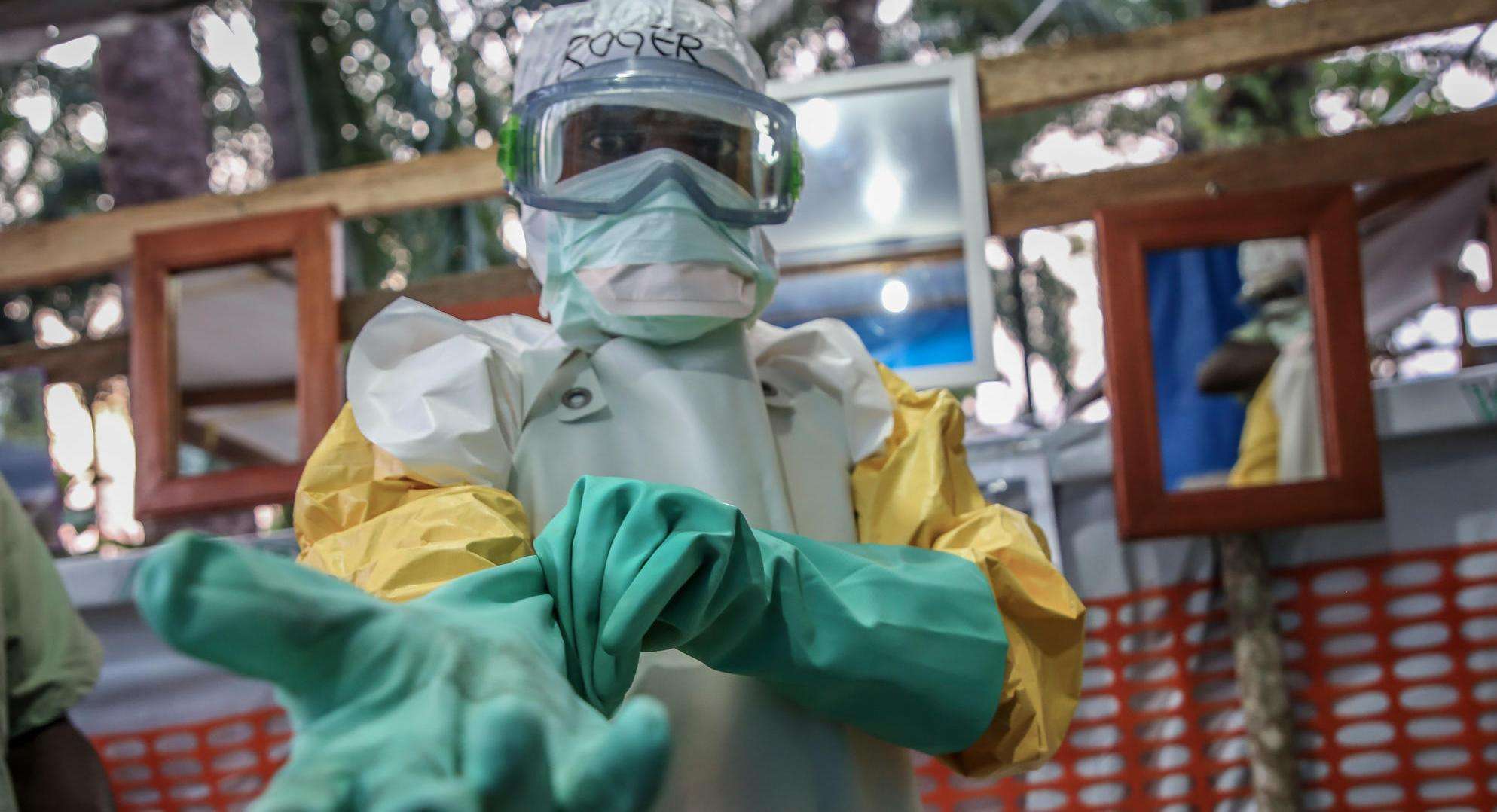
A seasonal "peak" in malaria cases occurs annually in the Zinder region of Niger, but the 2018 season brought extremely high levels of mortality in children under five years old. In response, MSF sent 243 experienced medical staff from across Niger and around the world to ensure patients received the best possible care inside the hospital and in the community, where a team ran mobile clinics to care for children closer to home.
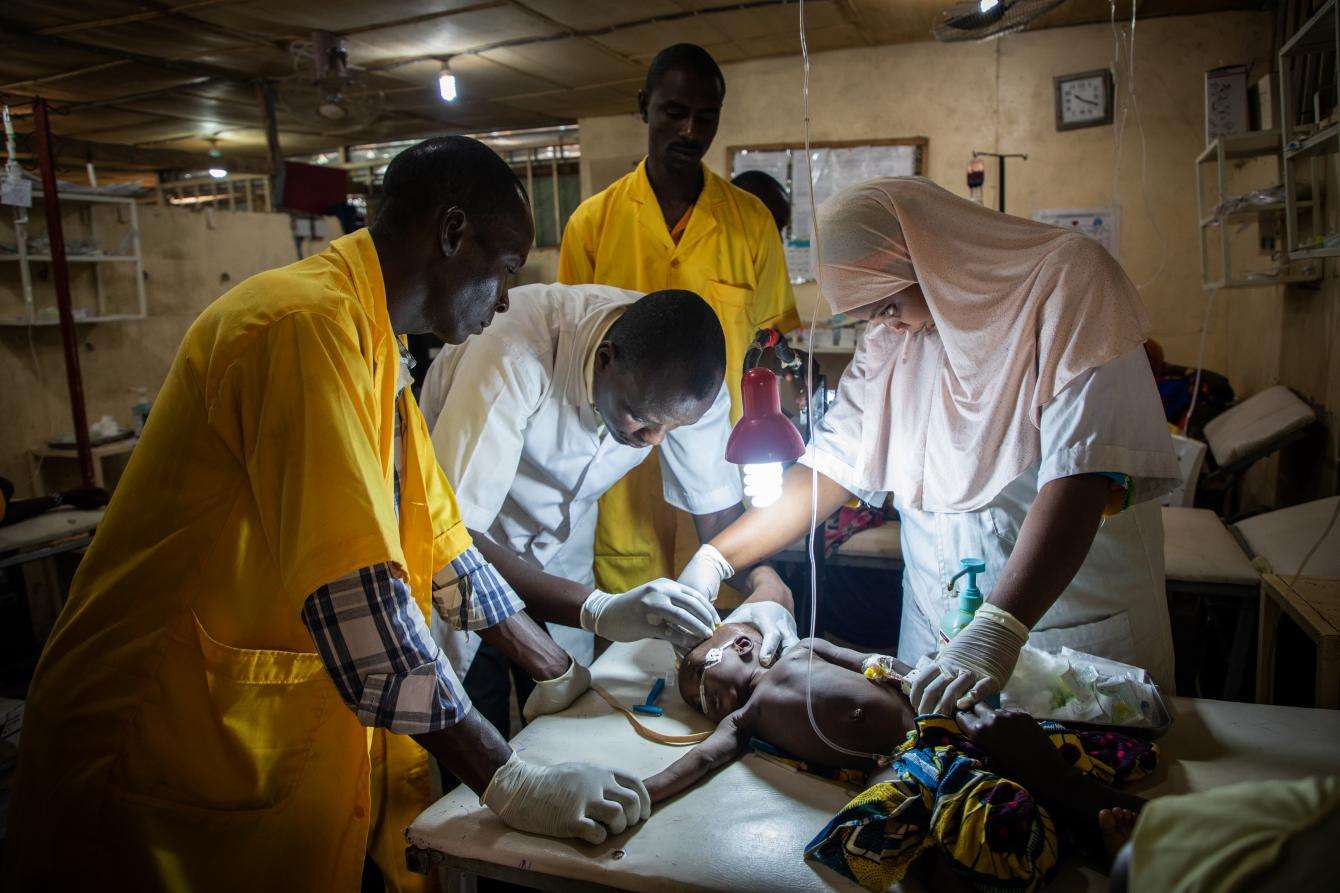
In early 2018 an outbreak of diphtheria raged in the refugee camps in Cox's Bazar, where hundreds of thousands of Rohingya people settled after fleeing Myanmar, where they had extremely limited access to health care. Though diphtheria is covered by the most basic vaccine packages, the deadly childhood disease spread quickly through the camps in Bangladesh, where most children had not been immunized.

